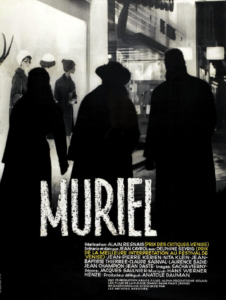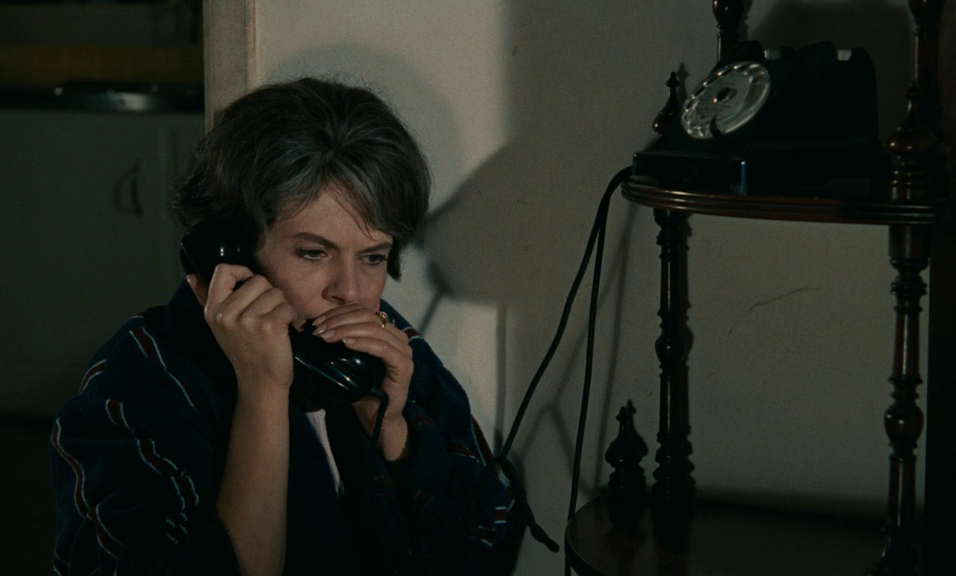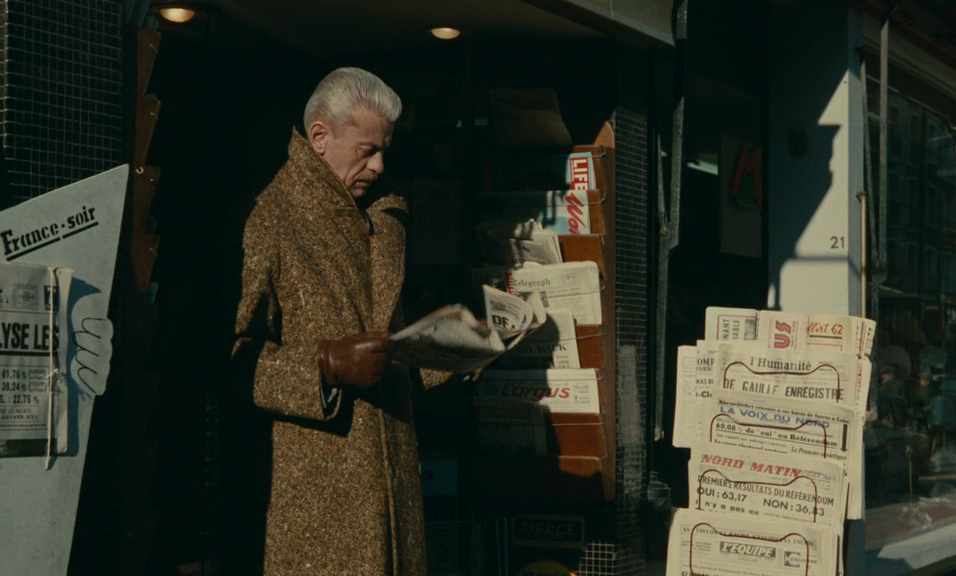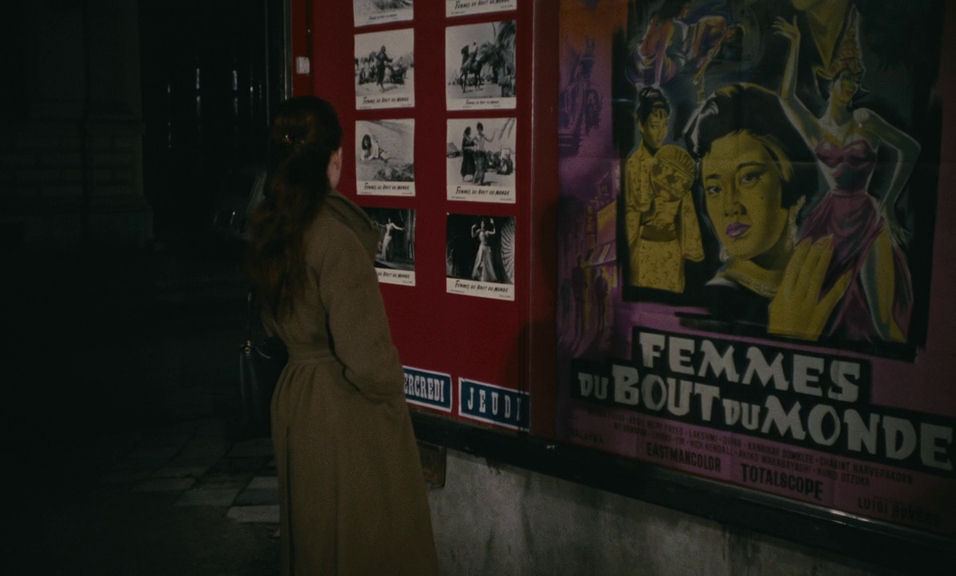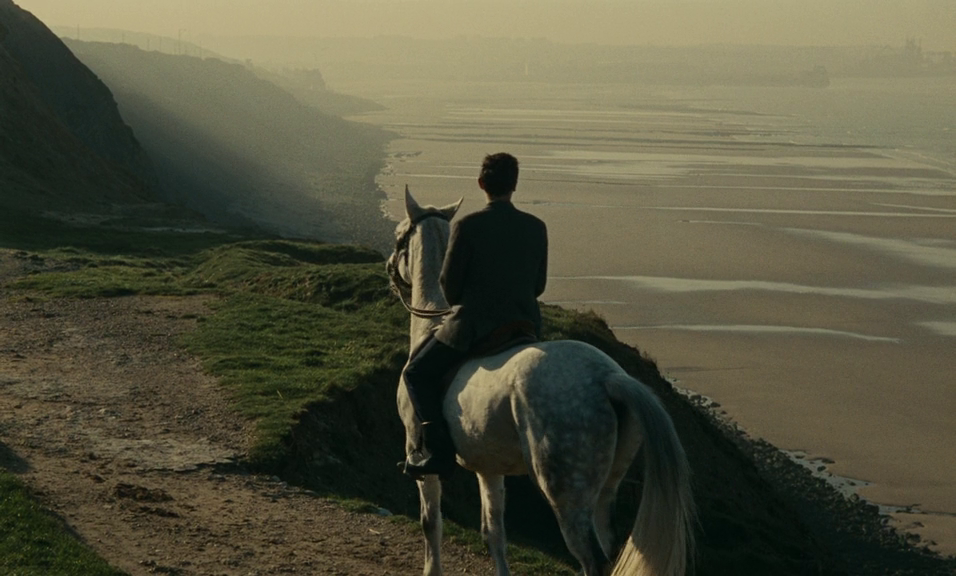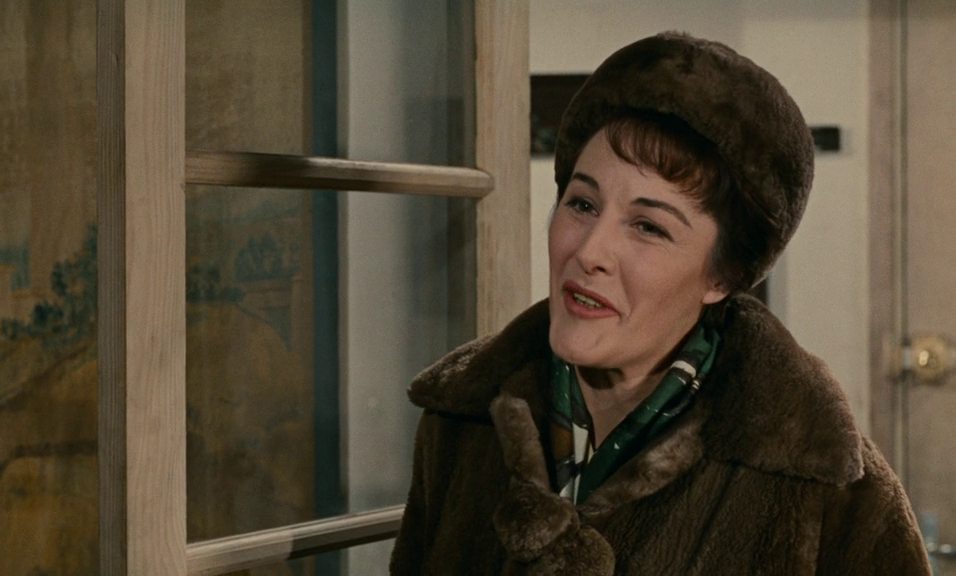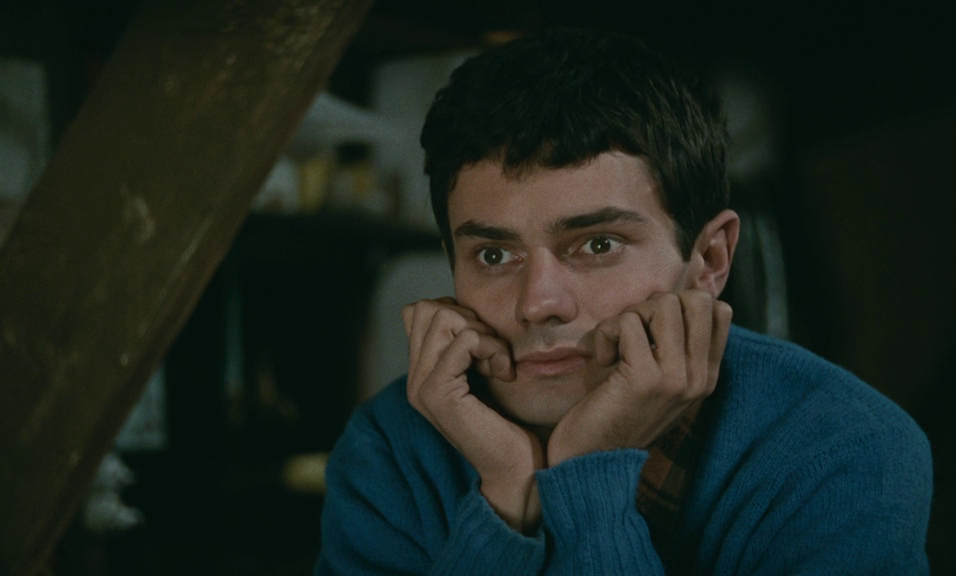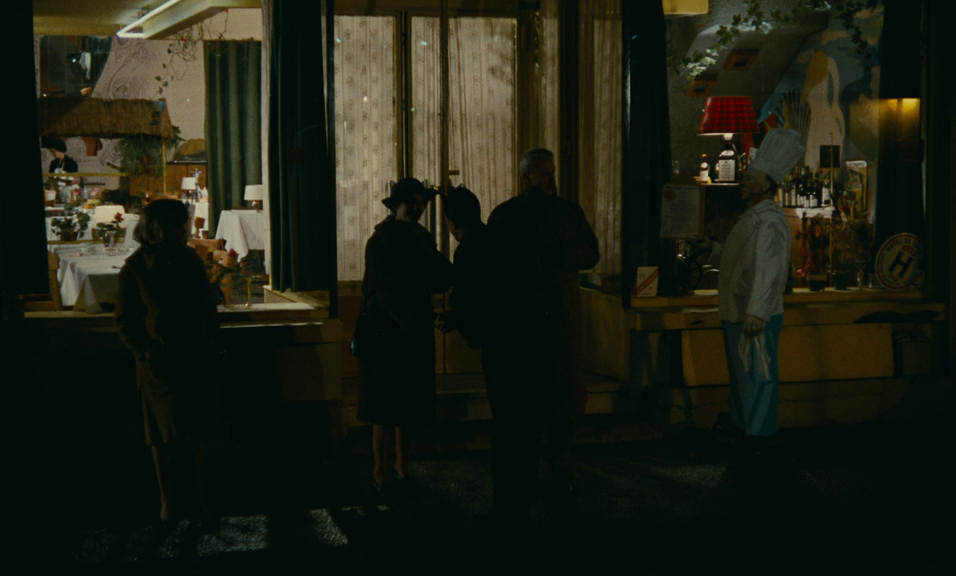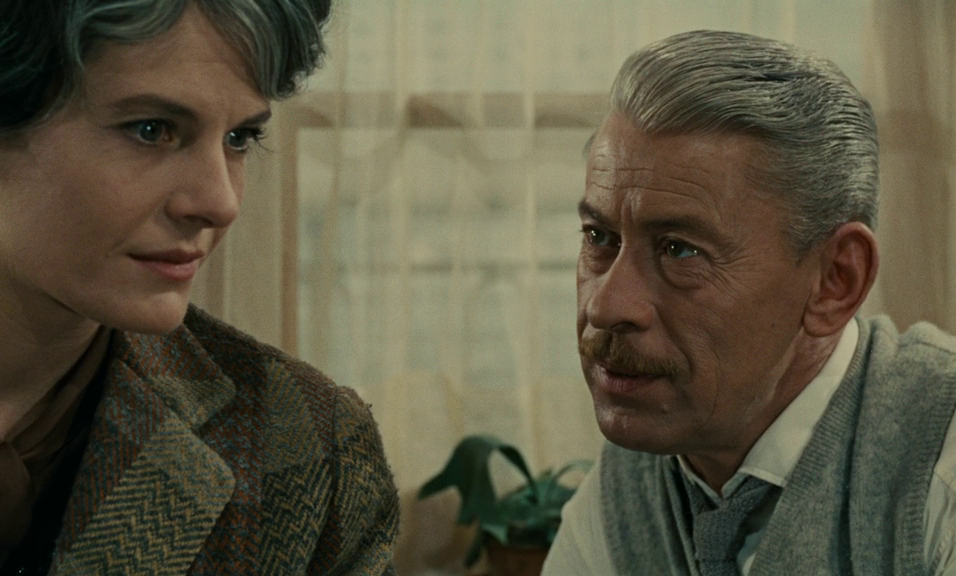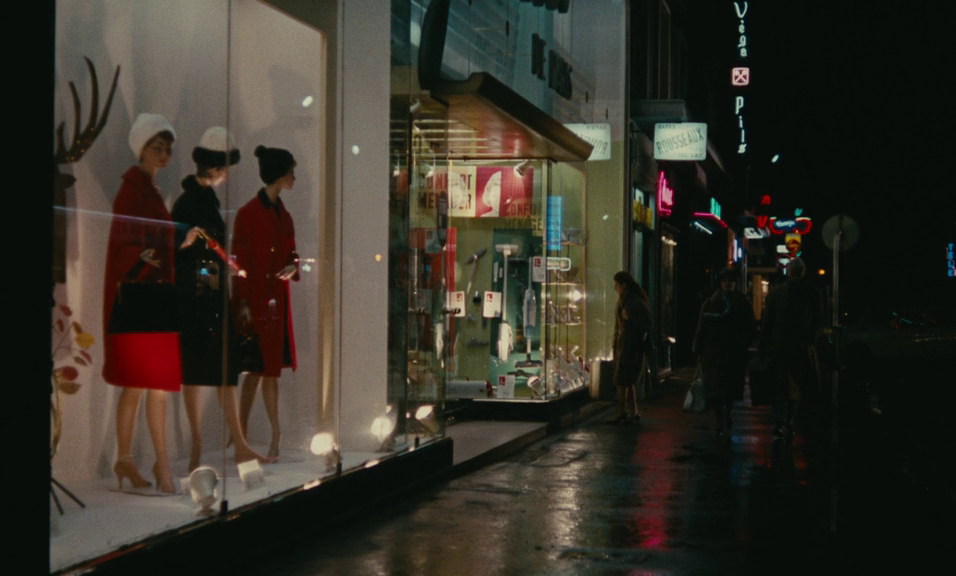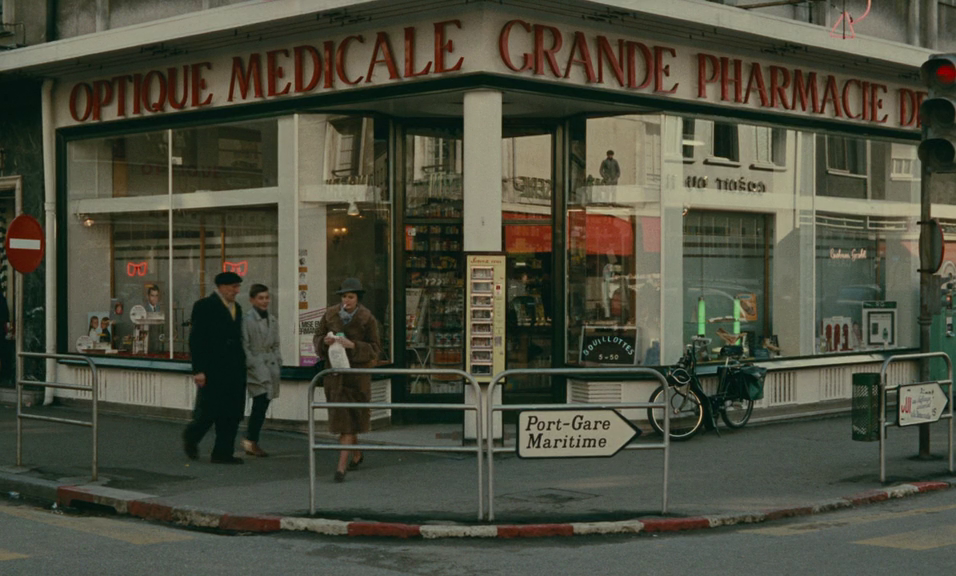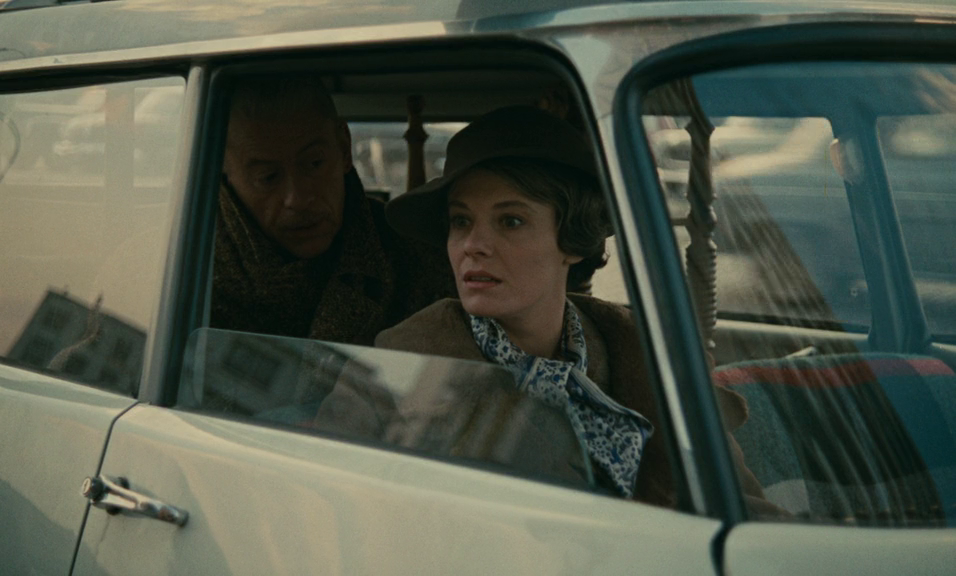Muriel (1963)
“Can’t we be done with the past?”
|
Synopsis: |
|
Genres, Themes, Actors, and Directors:
Review: … with little of it making longer-term temporal or logical sense. To that end, the screenplay is filled with what James Quandt, writing for Criterion, refers to as “disorienting ellipses, compressions, attenuations, and… obsessive repetitions” — none of which is inherently compelling to watch unless you’re eager to engage in ongoing speculative analysis. As Sontag points out in her essay:
The most poignant moment — though it feels somewhat unearned — comes half-way through the film, as Thierrée sits and watches footage from the recently concluded war in Algeria, sharing pained memories of a young, unseen woman named Muriel whose torture (and implied rape) he partook in. Be forewarned that nothing much resolves in a satisfying way in this film — though you may want to listen for my favorite random line (“Don’t take it out on the azaleas.”) and watch for a Hitchcock “silhouette” in one scene (as can also be found in … Marienbad). Notable Performances, Qualities, and Moments: Must See? Links: |
